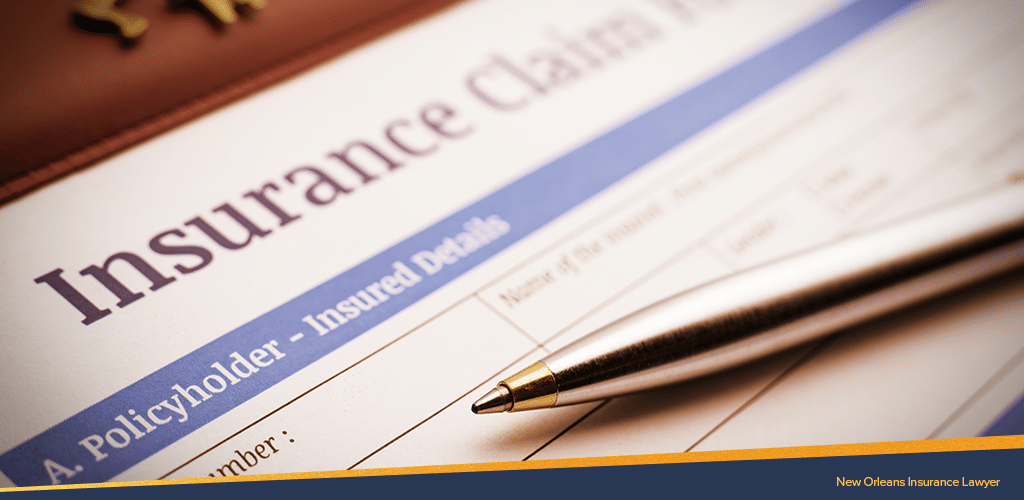
When you’re injured in an accident, the aftermath can be overwhelming. Along with the physical pain and emotional distress, you may be dealing with medical bills, lost wages, and insurance companies that aren’t offering fair compensation. At this point, hiring a personal injury lawyer can make a huge difference. The good news is that many personal injury lawyers offer free consultations, giving you the opportunity to discuss your case before deciding to move forward.
However, not all consultations are the same, and it’s important to know what to expect and what to look for during this initial meeting. Here are the key elements to focus on when you attend a personal injury lawyer’s free consultation.
1. Understanding the Consultation’s Purpose
Before diving into the details of your case, it’s important to understand the purpose of the consultation. This meeting is an opportunity for both you and the lawyer to assess each other. While you’re there to determine if this is the right attorney for your case, the lawyer is also assessing the strength of your case and whether they’re the best fit to represent you.
- Why It’s Important: Many people view the consultation as a one-sided evaluation where only they are being scrutinized. In reality, the consultation is a two-way street. You’re evaluating the lawyer’s experience, communication style, and willingness to fight for your interests, while the lawyer is gauging the likelihood of success for your case.
2. Experience and Expertise in Personal Injury Law
One of the most important aspects to consider during the consultation is the lawyer’s experience in handling personal injury cases. Not all lawyers specialize in personal injury, and even within this field, some may focus more on certain types of injuries or accidents than others.
- What to Look For: During the consultation, ask about the attorney’s experience with cases like yours. Have they handled similar claims? How often do they go to trial? What is their success rate? A lawyer with a strong background in personal injury law will be able to explain the legal process and potential outcomes in a way that gives you confidence. Be wary of any attorney who avoids these questions or offers vague answers.
3. Clear Explanation of the Legal Process
A good personal injury lawyer should be able to walk you through the legal process in an understandable way. They should outline what steps they will take if you decide to move forward with them, including how they will handle negotiations with insurance companies, whether the case might go to trial, and what evidence will need to be gathered.
- Why It’s Important: Personal injury cases can be complex, and many people aren’t familiar with the legal process. A lawyer who takes the time to explain each step in detail is likely to be a good communicator throughout the case, keeping you informed of important developments as they happen.
4. Fee Structure and Costs
Most personal injury lawyers work on a contingency fee basis, meaning they only get paid if you win your case. During the consultation, the lawyer should explain their fee structure, including what percentage of the settlement or verdict they will take and whether there are any additional costs you should be aware of, such as court filing fees or fees for expert witnesses.
- What to Look For: Transparency is key here. Make sure the lawyer provides a clear, written explanation of their fee arrangement. If they’re vague or refuse to commit to specifics, it could be a red flag. Additionally, ask whether you’ll owe any money if you lose the case. Some attorneys absorb all costs, while others may require you to cover certain fees even if the case isn’t successful.
5. Initial Assessment of Your Case
During the consultation, the lawyer will likely ask for an overview of your case, including how the accident happened, the nature of your injuries, and the medical treatment you’ve received. Based on this information, the lawyer should provide an initial assessment of your case, including its strengths and weaknesses, potential outcomes, and the likelihood of a settlement versus going to trial.
- What to Look For: A realistic attorney will provide an honest assessment, including potential challenges you might face. If the lawyer makes guarantees about winning your case or promises a specific amount of compensation, proceed with caution. Personal injury cases are often unpredictable, and no lawyer can guarantee a particular result.
6. Communication and Availability
Effective communication is key to a successful attorney-client relationship. During the consultation, take note of how the lawyer communicates with you. Are they clear and straightforward in their explanations? Do they listen to your concerns and answer your questions fully, or do they rush through the meeting?
- What to Look For: Ask how the lawyer will keep you updated on the progress of your case. Will they personally handle your case, or will it be passed off to a junior associate or paralegal? How often can you expect updates? Ensuring that you’ll have direct access to your attorney and not just their support staff is crucial to feeling confident about your case’s progress.
7. Track Record and Reputation
It’s essential to understand a lawyer’s track record, not only in terms of their win-loss ratio but also in how they handle client relationships. Look for a lawyer who has a reputation for professionalism, honesty, and client advocacy.
- What to Look For: Ask for references from previous clients or check online reviews. While no lawyer will have a perfect record, seeing a pattern of positive feedback from past clients can give you peace of mind that you’re in good hands.
8. Plan for Case Management
During the consultation, the lawyer should outline a clear plan for managing your case. This plan should cover gathering evidence, contacting witnesses, working with medical experts, and negotiating with insurance companies.
- Why It’s Important: A lawyer who presents a detailed and organized approach to your case is likely to be more efficient in handling it. If the lawyer seems disorganized or unclear about how they plan to proceed, it may be a sign that they won’t give your case the attention it deserves.
9. Willingness to Go to Trial
Not all personal injury cases go to trial—many are settled out of court. However, you want a lawyer who is willing and able to go to trial if necessary. Insurance companies know which lawyers are more likely to settle quickly and which ones are prepared to take a case to court. A lawyer with a reputation for going to trial can often negotiate a better settlement.
- What to Look For: Ask the lawyer how many cases they’ve taken to trial and what their success rate is in court. If the lawyer seems hesitant about the possibility of a trial, it could indicate they prefer quick settlements, which may not always be in your best interest.
10. Finding the Right Lawyer for Your Case
Finally, consider how comfortable you feel with the lawyer. Trust and rapport are essential in any attorney-client relationship. If you don’t feel confident in the lawyer’s abilities or don’t believe they are genuinely interested in your case, it may be best to continue your search.
- Why It’s Important: Hiring a lawyer is a significant decision, and you need someone you can trust to advocate for you. If you feel unsure, don’t hesitate to explore other options until you find a personal injury lawyer who meets your needs.
Conclusion
A free consultation with a personal injury lawyer is a critical step in finding the right representation for your case. By asking the right questions and evaluating the lawyer’s experience, communication style, and approach to handling cases, you’ll be better equipped to make an informed decision. If you’re looking to find a personal injury lawyer, make sure to take full advantage of the consultation to ensure you’re in good hands from the sta




